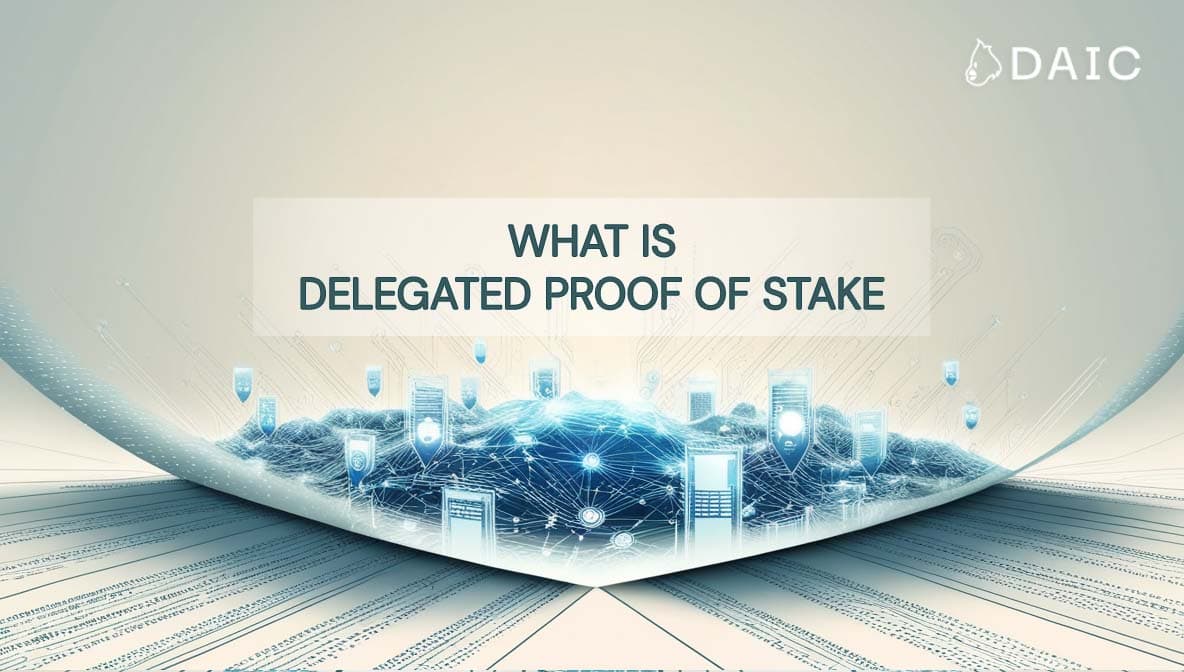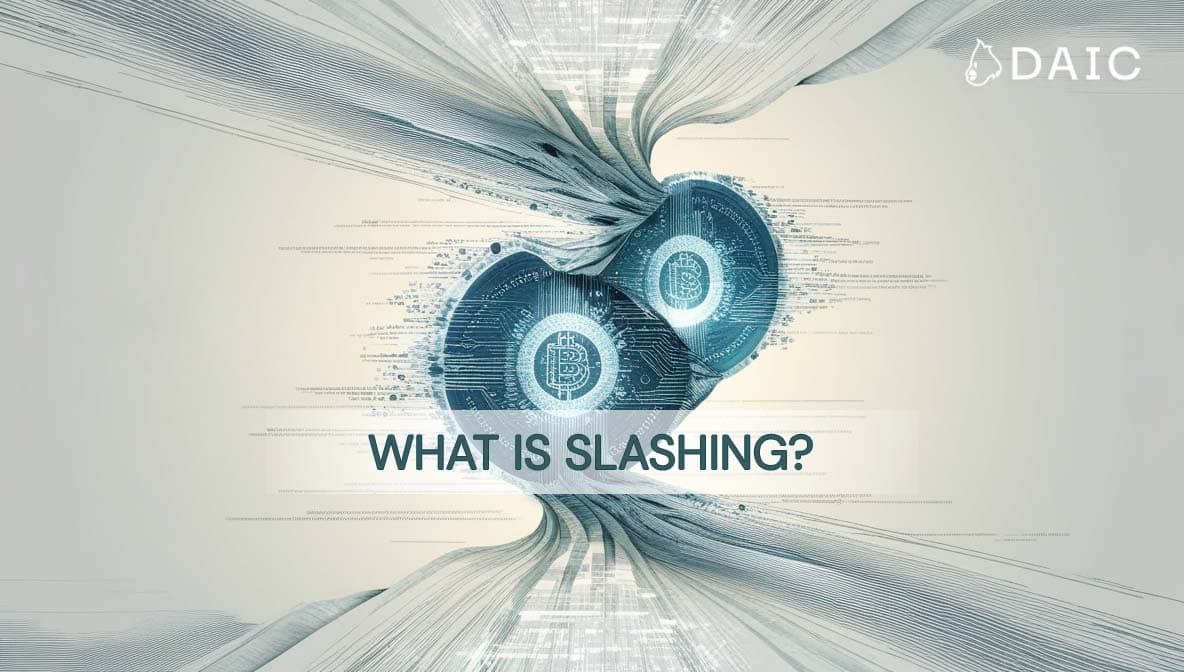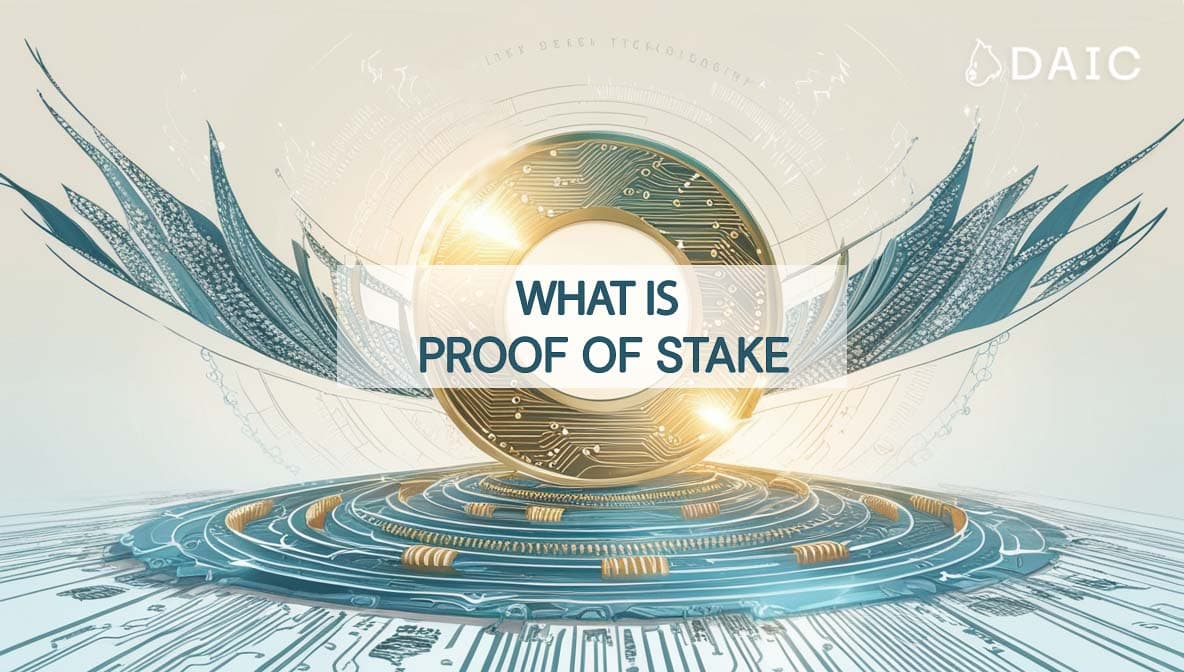Key Takeaways
- Zero-Knowledge Proofs (ZKPs) allow one party to prove something is true without revealing the underlying data - enabling privacy without sacrificing trust.
- ZKPs are already used in blockchain for private transactions, scaling solutions like zk-rollups, and verifiable computation.
- The technology originated in 1985 and entered blockchain via Zcash in 2016, evolving rapidly with zk-SNARKs and zk-STARKs.
- ZKPs are essential for blockchain’s future, enabling privacy-preserving regulation, scalable networks, and cross-chain interoperability.
- From DeFi to DAOs to on-chain AI, ZKPs are unlocking new use cases while ensuring security, compliance, and decentralization.
Introduction to Zero-Knowledge Proofs
As blockchain technology matures, new challenges around privacy, scalability, and trustless verification have become increasingly critical. While decentralization has enabled groundbreaking innovations in finance, governance, and data ownership, it has also introduced limitations. For example, public blockchains expose user transactions, and verifying data on-chain can be computationally expensive.
Enter Zero-Knowledge Proofs (ZKPs) - a cryptographic breakthrough that allows one party to prove a statement is true without revealing why it’s true. ZKPs are already playing a vital role in building the next generation of blockchain networks that are more private, efficient, and secure.
What Are Zero-Knowledge Proofs?
At a high level, Zero-Knowledge Proofs allow someone (the prover) to convince another party (the verifier) that a certain statement is true, without disclosing any additional information.
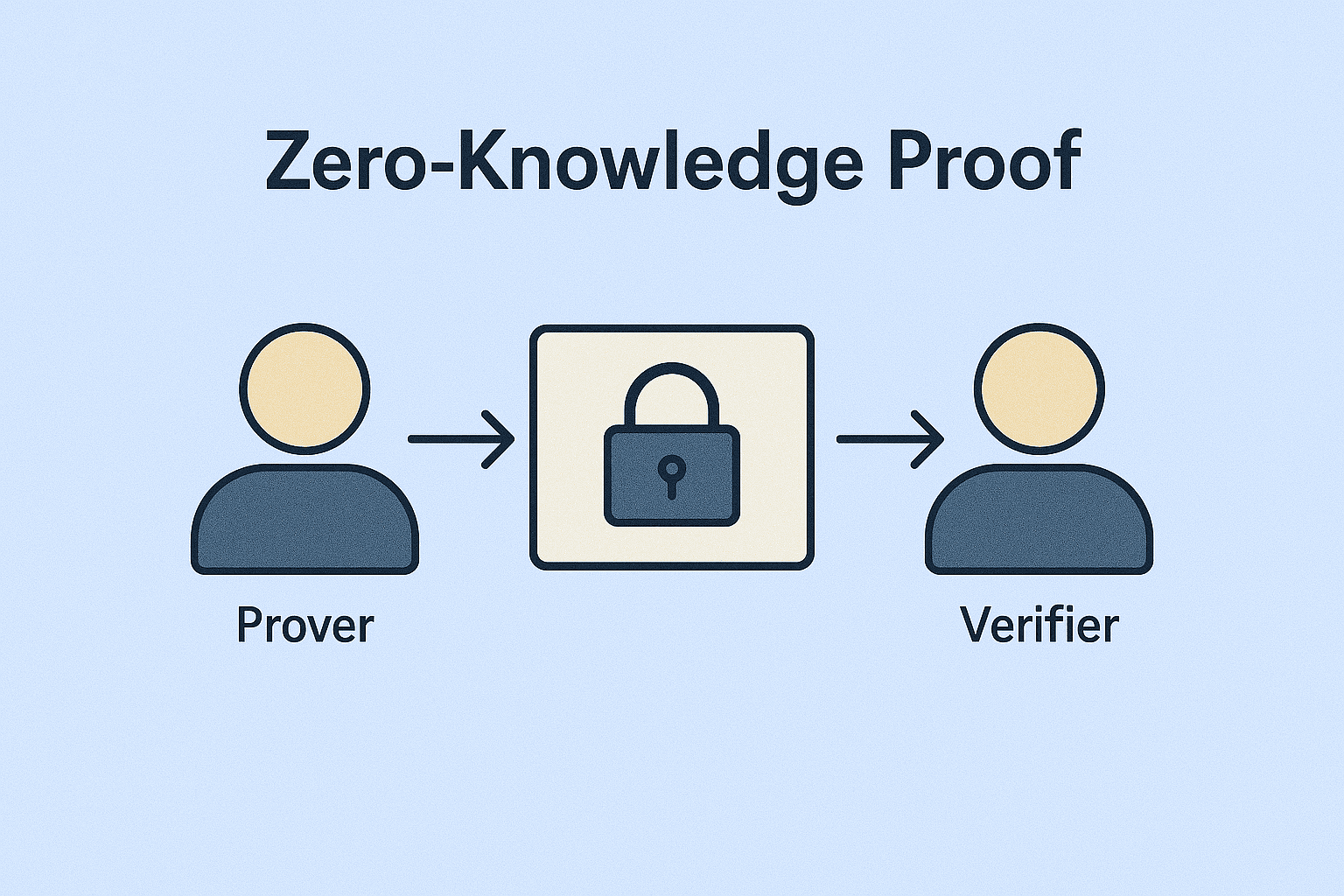
The prover is the party that possesses knowledge or access to a specific piece of information—such as a password, secret key, or the solution to a complex computation. The verifier, on the other hand, is responsible for confirming the validity of the prover's claim without needing access to the secret itself. This interaction ensures that the verifier gains confidence in the truth of the statement, while the prover retains complete control over their private data.
To make this idea more tangible, imagine the "Where's Waldo?" puzzle.
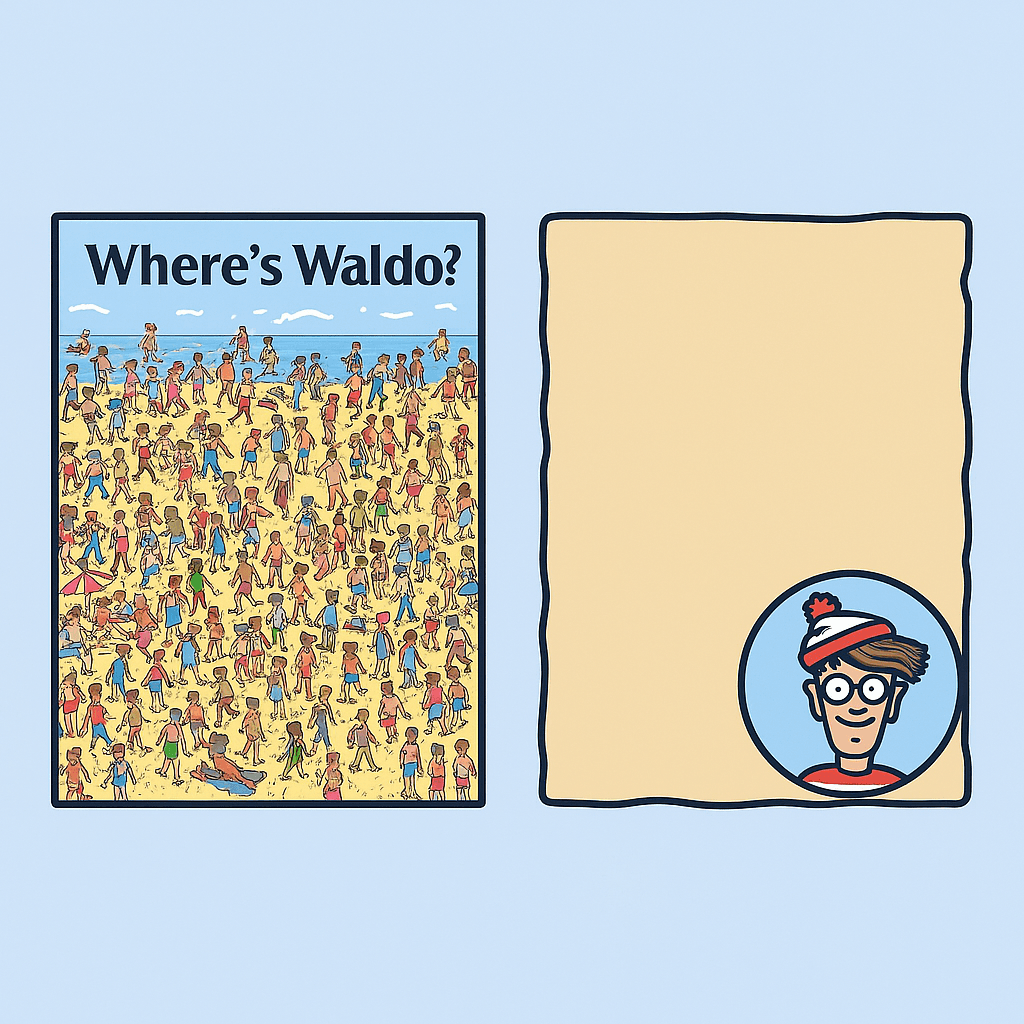
Suppose you found Waldo on a complex page, and you want to prove it to a friend without showing them his exact location. You could take a piece of cardboard with a small hole and place it over the page so only Waldo is visible - everything else remains hidden. Your friend sees Waldo through the hole and believes you, but still doesn't know where he is on the full page.
That's the essence of a Zero-Knowledge Proof: proving knowledge without revealing it.
There are two major types of ZKPs used in blockchain:
- zk-SNARKs (Zero-Knowledge Succinct Non-Interactive Argument of Knowledge): Compact proofs requiring a trusted setup.
- zk-STARKs (Scalable Transparent ARguments of Knowledge): Transparent, post-quantum secure proofs with no trusted setup.
ZKPs provide:
- Privacy: Sensitive data can remain hidden while still being verified.
- Security: Transactions and computations are proven correct without leaking internal logic.
- Efficiency: Verification is fast and lightweight, even if the underlying computation is complex.
Why ZKPs Matter in Blockchain & Crypto
A Brief History of ZKPs in Blockchain
The concept of Zero-Knowledge Proofs was first proposed in 1985 by researchers Shafi Goldwasser, Silvio Micali, and Charles Rackoff. Despite its academic origins, ZKPs became practically relevant decades later with the rise of blockchain.
In 2016, Zcash introduced zk-SNARKs to enable shielded, anonymous transactions on a public blockchain, a landmark moment in privacy-focused crypto. This proved that ZKPs could protect user data while still enabling public verifiability.
Since then, we’ve seen rapid evolution:
- 2018–2020: Development of zk-STARKs, improving transparency and quantum resistance.
- 2021–Present: Adoption of ZKPs in Ethereum Layer 2 scaling solutions, especially via zk-rollups and zkEVMs.
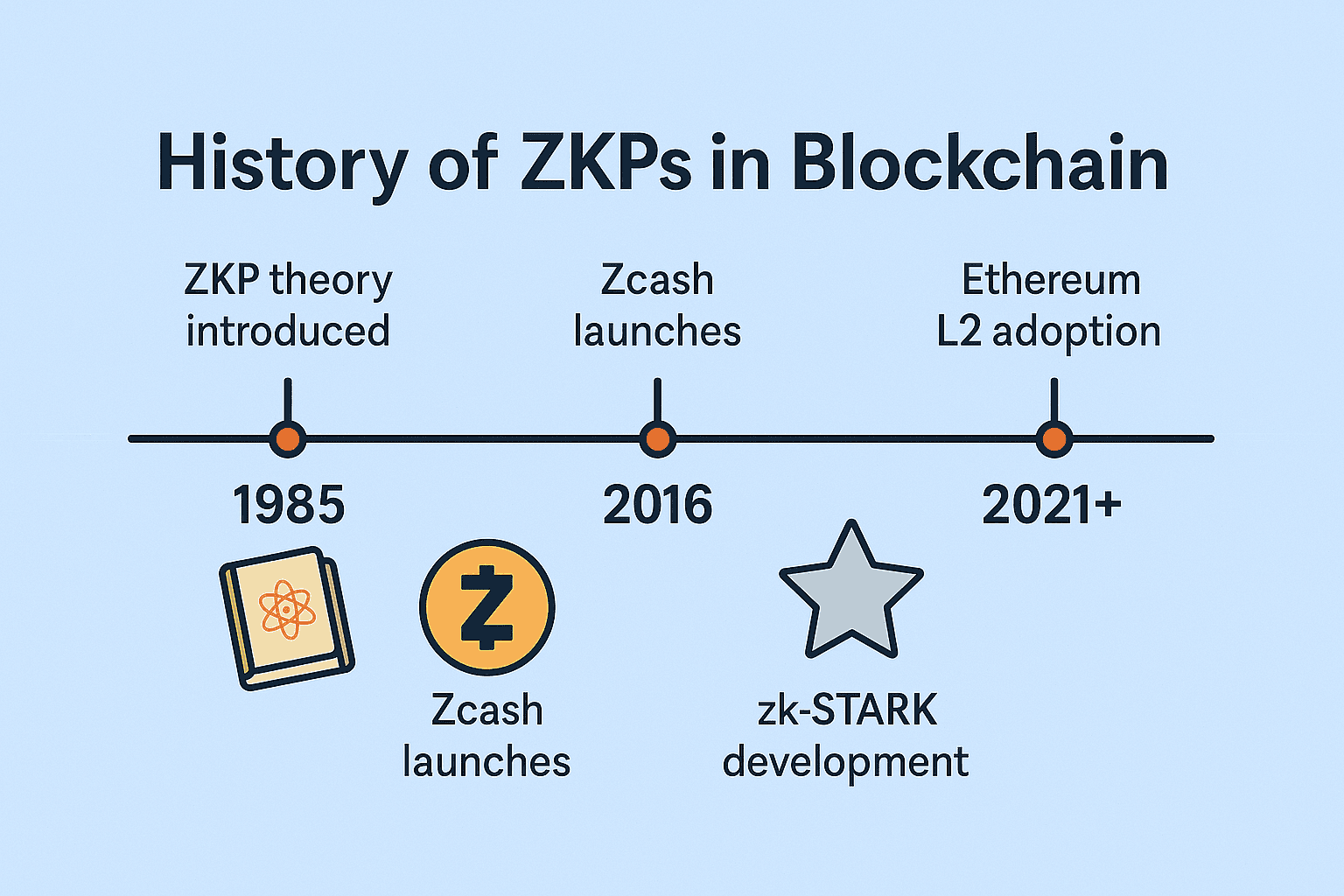
The Role of ZKPs Today
Zero-Knowledge Proofs now serve a range of purposes across blockchain ecosystems:
- Private Transactions: Protocols like Zcash and Tornado Cash use ZKPs to keep transaction details confidential while preserving security.
- Scalability via zk-Rollups: Projects like zkSync and StarkNet bundle thousands of transactions off-chain and post a single succinct proof on-chain, dramatically reducing gas costs and improving throughput.
- Verifiable Computation: ZKPs allow off-chain calculations to be validated on-chain without repeating the work, enabling more complex decentralized applications.
- Trustless Compliance: ZKPs are being explored for use cases like KYC where users can prove they're verified without revealing identity data.
ZKPs bridge the gap between transparency and privacy - a foundational requirement for a mature blockchain ecosystem.
The Future of Zero-Knowledge Proofs in Blockchain
Looking ahead, ZKPs are poised to underpin a wide range of blockchain innovations. Here’s how this technology could redefine the next decade of decentralized systems:
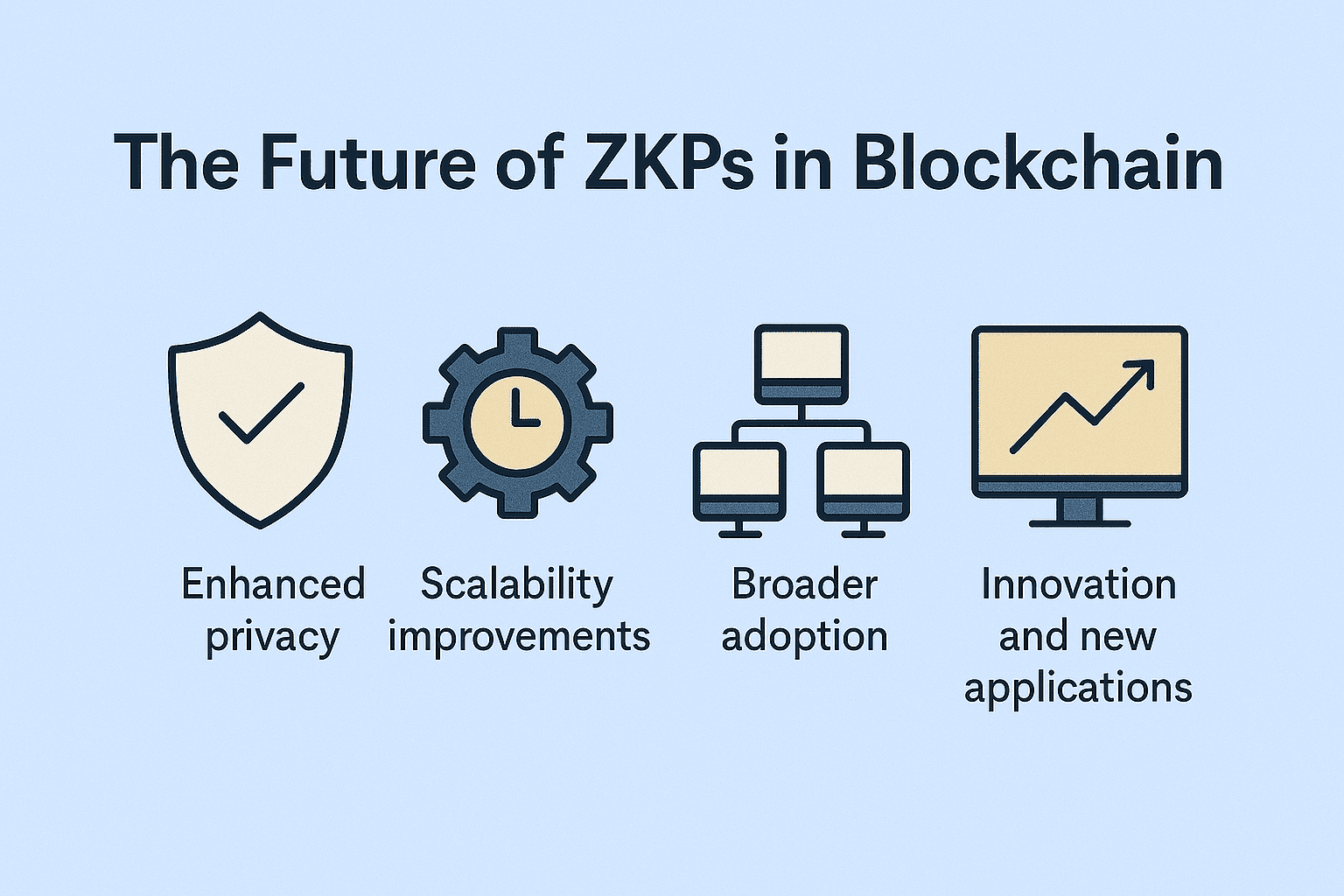
Privacy-Preserving Regulation
As crypto matures, regulatory pressure around compliance is growing. ZKPs can enable selective disclosure where users prove they meet legal requirements (like being over 18 or passing KYC) without revealing personal information. This could become the norm for DeFi platforms aiming to balance privacy with legal accountability.
Scalability and Cost Reduction
zk-rollups are already proving their value on Ethereum by offering faster, cheaper transactions. As technology improves, we may see ZKPs applied beyond finance, enabling low-cost decentralized gaming, social media, and file storage applications.
Cross-Chain Interoperability
Zero-knowledge bridges can connect blockchains with higher security guarantees. Instead of trusting a third party to relay messages, ZKPs can prove the state of one chain to another, unlocking trustless cross-chain communication.
Verifiable Computing & On-Chain AI
ZKPs can validate that complex computations, such as AI model inference or data analysis, were done correctly off-chain. This opens up possibilities for decentralized machine learning, without overwhelming on-chain resources.
Decentralized Identity & DAOs
ZKPs are a game-changer for identity systems. Users can prove they're part of a DAO, eligible to vote, or hold a credential - without revealing their wallet address or identity. This will be key in enabling private, secure, and democratic on-chain governance.
Post-Quantum Security
zk-STARKs offer resilience against quantum attacks, making ZKPs not just useful, but future-proof in a post-quantum world.
Conclusion: ZKPs and the Road Ahead
Zero-Knowledge Proofs are no longer just a niche cryptographic tool - they are central to the evolution of blockchain. From privacy-preserving payments to scalable dApps and compliant DeFi, ZKPs are solving the most pressing issues in the Web3 ecosystem.
As the technology matures, we can expect it to become an invisible backbone of everyday blockchain interactions - enabling privacy, compliance, scalability, and interoperability without sacrificing decentralization.
If you're excited about where ZKPs are headed, stay tuned. The era of zero-knowledge is just getting started.
The information provided by DAIC, including but not limited to research, analysis, data, or other content, is offered solely for informational purposes and does not constitute investment advice, financial advice, trading advice, or any other type of advice. DAIC does not recommend the purchase, sale, or holding of any cryptocurrency or other investment.
